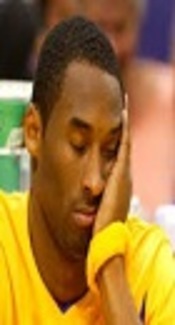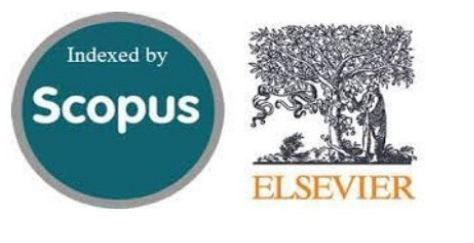The Acute Effect of Low Intensity Aerobic Exercise on Psychomotor Performance of Athletes with Nocturnal Sleep Deprivation
Keywords:
Psychomotor Performance, Sleep Deprivation, Exercise, AthletesAbstract
Objectives: Psychomotor performance is a vital factor which decisively affects the athletic performance. The purpose of the research was to investigate the acute effects of low intensity aerobic exercise on psychomotor performance of athletes with nocturnal sleep deprivation. Methods: Sixteen professional female volleyball players with mean age of 22.3 ± 2.6 years old were studied twice in a balanced, randomized design. The participants were asked to fill the Pittsburgh sleep quality index (PSQI) prior to the beginning of the study and their nocturnal activity was recorded at 1-minute intervals and scored with the Actiwatch sleep analysis. The study used the Vienna Test System to measure cognitive functions. The exercise protocol consisted one-session light aerobic exercises based on Rockport one-mile walking/running test controlled by Polar Electro. Results: The results suggested that all psychomotor tests were significantly impaired by nocturnal sleep deprivation (P ≤ .05). Moreover, it was shown that the experimental group didn’t have any deteriorating change in the mentioned tests after light aerobic exercises (P ≥ .05). Conclusions: Although nocturnal Sleep deprivation could result in psychomotor malperformance in professional athletes, the light aerobic exercise would alleviate the deleterious effect of sleep deprivation in decisive task among athletes.
Downloads








